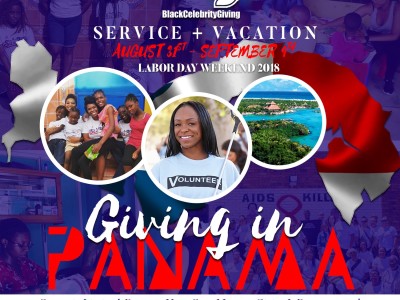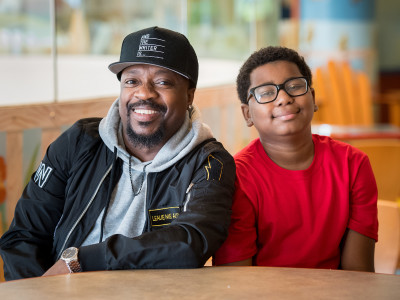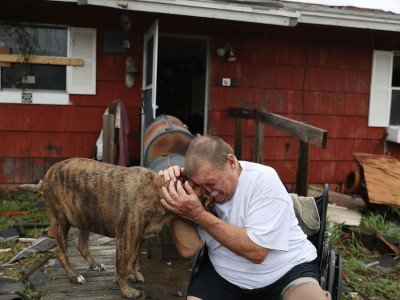 Robert J. Shiller, Professor of Economics and Finance at Yale, recently weighed in with his perspective on subsidizing charity with a New York Times columnwhose title clearly conveys his message: “Please Don’t Mess With the Charitable Deduction.”
Robert J. Shiller, Professor of Economics and Finance at Yale, recently weighed in with his perspective on subsidizing charity with a New York Times columnwhose title clearly conveys his message: “Please Don’t Mess With the Charitable Deduction.”
There is a case to be made for charitable deductions. Regrettably, this isn’t it.
Shiller offers three arguments.
First, giving is a fundamental part of who we are. He cites anthropological research by Marcel Mauss and Karl Polanyi that contends reciprocal gift giving “has pervaded healthy human society from its Neolithic beginnings.” And he points to recent brain imaging research revealing “reciprocity is supported by fundamental structures in the brain.”
But Shiller misreads this evidence and its implications. Reciprocity is the key word. Polanyi and Mauss, and more recently, Lewis Hyde have argued that socially obligatory gift giving was the glue that held many societies together. It was the material expression of cohesive relationships.
Polanyi and Hyde made clear that market economies have undermined the concept of reciprocity, made relationships more impersonal, severely injured the culture of sharing and caused grievous social harm. In a review of Hyde’s 1983 book, The Gift, Detroit librarian JoAnn Schwartz notes the fundamental difference between a market economy and a gift economy:
In a market economy, one can hoard one’s goods without losing wealth. Indeed, wealth is increased by hoarding — although we generally call it ‘saving’. In contrast, in a gift economy, wealth is decreased by hoarding, for it is the circulation of the gift(s) within the community that leads to increase — increase in connections, increase in relationship strength.
Our declining sense of reciprocity is not an argument for subsidizing charity but for reducing the dominance of market thinking. Not surprisingly, Professor Shiller does not pursue this argument.
Why do we give? Undoubtedly there is an element of compulsion. What will my granddaughters think if there is no gift from pop under the Christmas tree? But as Arthur Brooks of the American Enterprise Institute has noted, there is another and possibly more powerful reason for giving. It makes us feel good. Sharing makes us happy. “A number of studies have concluded that giving affects our brain chemistry,” heobserves. “People who give often report feelings of euphoria, which psychologists have referred to as the “Helper’s High.”
If we give because our brains are hard wired to give or because we are happier when we share, then why subsidize giving? After all, the National Retail Federation estimates this Christmas season we will spend $545 billion on gifts, almost three times as much as we will give to charitable causes, without any tax breaks for doing so.
Indeed, a tax deduction does not appear the determining reason the vast majority of people give to charitable causes nor would a reduction in the subsidy significantly reduce the amount given to charity. Overall, about 40 percent of contributions are not tax deductible, according to Joseph Cordes of the Urban Institute. Only about a third of people who file tax returns itemize their deductions. Even among households earning over $120,000 per year, about 60 percent do not itemize their deductions.
A 2006 survey by the Bank of America found that over half of high-net-worth donors said their giving would stay the same, or even increase if the tax deduction for charitable gifts fell to zero. Jack Shakely who ran the California Community Foundation for 25 years has noted that while the top tax bracket for individuals has plummeted from 70 percent in 1980 to 35 percent today charitable donations have remained almost constant, hovering between 1.7 percent and 1.95 percent of personal income per year.
Read the full story on Huffington Post Impact





